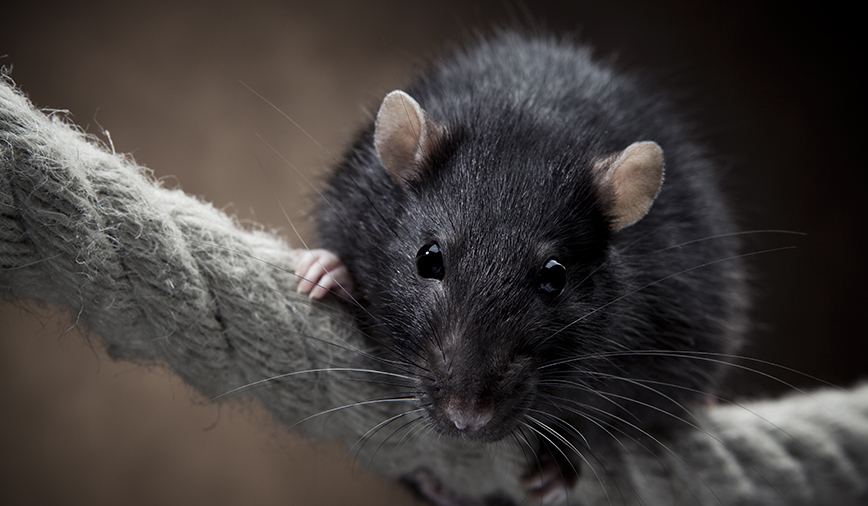Pam’s Perspective
Pam Otto is the Manager of Nature Programs and Interpretive Services for the St. Charles Park District
Like most other workplaces, the Naturalist Department here at the St. Charles Park District gets items delivered all the time. Small items arrive in envelopes, large items arrive in crates. And then there are those other items, the unexpected deliveries only a naturalist could love. We never know how they’re going to be packaged; we only know the containers will be disposable.
Over the years I’ve gotten caterpillars in soup cans, owl pellets in Cool Whip tubs, a turtle in an ice cream pail and, in one memorable instance, a spitting-mad northern water snake locked up inside a lucky grandmother’s Tupperware bowl. (Granted, Tupperware typically isn’t disposable. But after the snake was removed, and once Grandma found out what her favorite piece of plasticware had been used for, the bowl went straight into the recycling bin.)
It had been a good couple of weeks since the last such delivery had arrived (thanks again, Mike H, for that uber-cool, if somewhat fleshy, deer skull!) so I guess we were due. And, sure enough, on Tuesday—the first day, in fact, that I sat down to work in the offices of our new home, the Hickory Knolls Discovery Center—a new “delivery” arrived. I’d been at my desk roughly 15 minutes when I heard the familiar words, “Hey Pam, somebody brought you something. It’s in this, uh, bucket.”
The uh-bucket, which had once held white paint, the kind used for marking athletic fields, contained a critter unlike any we’ve gotten before. For one, it was alive. For two, it wasn’t sick or injured. And for three, it was, dare I say, kinda cute.
“It” was a domestic rat. Known in the pet trade as a hooded rat, the little guy had a black head and white body, shiny dark eyes and twitchy whiskers. Although he was scared and pretty stinky—and who wouldn’t be, after being pulled from a dumpster—the rat was just fine. Homeless, but fine.
It turns out some of our coworkers here at the park district had spotted the rat in a large dumpster, a receptacle at our Primrose Service Center that receives the loads of trash collected from our network of neighborhood parks and natural areas.
Now, usually, a rat in a dumpster isn’t a welcome site. But this one clearly was out of place. The guys scooped him up, and off to Hickory Knolls he went.
A short time later, he was safely ensconced in a warm, dry aquarium complete with all the things every rat dreams of—food, water and a large wad of paper towels, just right for shredding. Now in day five of his life with the naturalists, he’s doing just fine. We’re even working on a name for him, and right now are leaning heavily toward Templeton, an homage to the rat in Charlotte’s Web. But we might also name him Earl.
(Continued on Page 2)
Pam’s Perspective – Page 2
I tell this ratty tale not so much because it is unique; unfortunately it’s quite the opposite. This rat-in-adumpster story once again underscores the plight of pets these days. The economy being what it is, more and more people are opting out of pet ownership. Some, thank goodness, do the right thing and do the legwork needed find their pet a new home. But there are a significant number of people who seem to think that pets, like soup cans, Cool Whip tubs and ice cream tubs, are disposable.
Granted, we haven’t any idea of this rat’s former life. He might have been a pet, or he might have been purchased as pet food. (I did wonder, briefly, if there might also be a snake in that Primrose dumpster.) He may also have been tossed out in error, though given that widely cited example of what not to do with babies and bathwater, this scenario is unlikely.
As the newest member of our Naturalist Department team, the rat—whatever his name turns out to be— will face a life of relative luxury. Though in return we’ll expect him to earn his keep. He will take his place alongside the other animals we use to communicate one of our important education themes: For the good of our—your—parks, and the health of our ecosystems, wild animals need to stay wild, and pets—far from being disposable—need to remain pets.
Pam Otto is the manager of nature programs and interpretive services for the St. Charles Park District. She can be reached at potto@stcparks.org or 630-513-4346.

